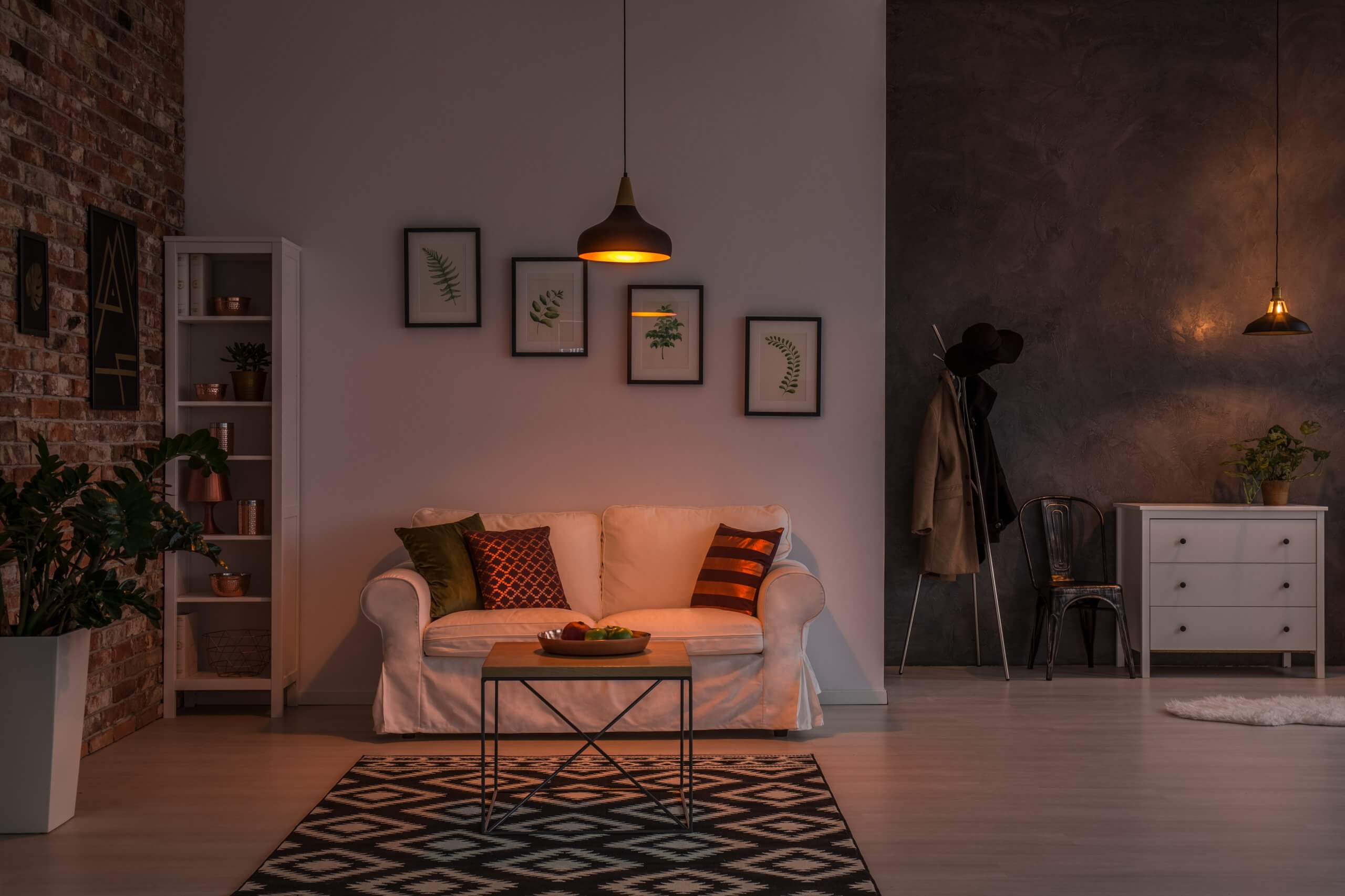Have you ever woken up in the middle of the night with a stuffy nose or a dry throat? In the morning, you may feel as if you came down with a cold or even the flu overnight. According to a 2015 study aptly titled Dusty Dozing, movement and body heat during the night can cause our mattresses, bedding and pillows to emit air pollutants. We spend the bulk of our time in close proximity to these items. In fact—roughly 1/3 of your day if you’re getting the recommended eight hours! And, as a result, it negatively affects our health.
Why Is Air Quality Worse at Night?
There are a couple of reasons why indoor air quality is worse at night. Because no—you’re not imagining it!
First and foremost, your home’s indoor humidity level may be lower or higher than the ideal 40–60% range. Indoor environments below 40% humidity can exacerbate allergies, asthma and other respiratory illnesses. Unregulated indoor humidity can also help spread viruses and bacteria. Conversely, indoor environments that are above 60% humidity can also aggravate allergies and asthma. High humidity levels enable biological contaminants like dust mites and mold. Humidity control is often overlooked despite its critical role in ensuring healthy indoor air.
Another possibility, your home may not receive adequate ventilation. This allows for indoor air pollutants to accumulate, leaving you with an abundance of impure air. Without proper ventilation, activities such as cooking, bathing, cleaning and laundering contribute to poor indoor air. Coupled with the fact that most of us sleep with our bedroom doors shut, a lack of proper ventilation easily leads to nighttime air quality issues. When sleeping, you are confined to one room for multiple hours, making your space’s indoor air quality at night even more important!
How You Can Improve Indoor Air at Night
Simple solutions to improve indoor air quality at night include: washing bed sheets regularly, closing windows (especially when outdoor air quality is poor), cleaning ceiling fan blades, vacuuming carpets and keeping pets out of the bedroom. Simple source control steps make for a healthier space and help improve nighttime indoor air quality.
However, in order to truly improve the air quality in a single room, it’s necessary to address the air quality of your entire home. That is why whole-home solutions are particularly beneficial. Whole-home upgrades work directly with your existing home HVAC system. Thus, ensuring that every inch of your home receives improved indoor air, at night and throughout the day.
Whole-Home IAQ Solutions for Better Sleep
So, if the indoor air is worse at night … then it would make sense that improving indoor air quality could lead to improved sleep. In fact, studies have shown as much!
Installing a whole-home active air purifier is the key to removing dander, dust, VOCs and other pollutants. Whenever your central cooling or heating system is on, the air purifier is working to eradicate the source of air pollutants before they become troublesome. Every room in your house will receive clean air, allowing you to sleep peacefully.
 Healthy Home: Sleep is critical to a healthy life. And good bedroom air depends on healthy home IAQ. Improved indoor air quality can help you sleep better. Find out more about using a whole-home air purifier in your space →
Healthy Home: Sleep is critical to a healthy life. And good bedroom air depends on healthy home IAQ. Improved indoor air quality can help you sleep better. Find out more about using a whole-home air purifier in your space →If the air in your home is particularly dry at night, then consider investing in a whole-home humidifier. A humidifier will increase the air’s moisture, relieving allergy and asthma symptoms. Conversely, those who find their homes especially humid at night will benefit from a whole-home dehumidifier. A dehumidifier will decrease the air’s moisture level preventing viruses, bacteria and dust mites from spreading. Both whole-home humidifiers and dehumidifiers ensure that your home remains within the ideal 40 to 60% range.
It’s important to realize how much of our lives are spent indoors. And how much of that time is actually spent in the bedroom, sleeping on mattresses, bedsheets and pillowcases potentially full of pollutants and harming your health. Or, as the Dusty Dozing study refers to it: “uncustomary proximity” to bedding and mattresses. It’s nearly impossible to control your bedroom’s ambient air while asleep, which is why you must take preventive measures when awake!




